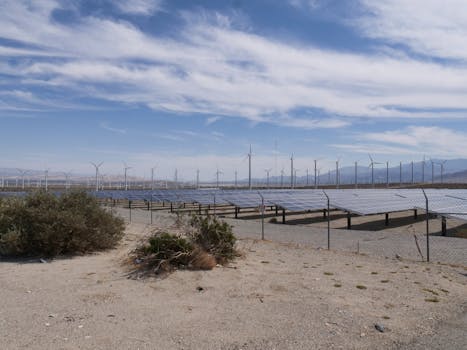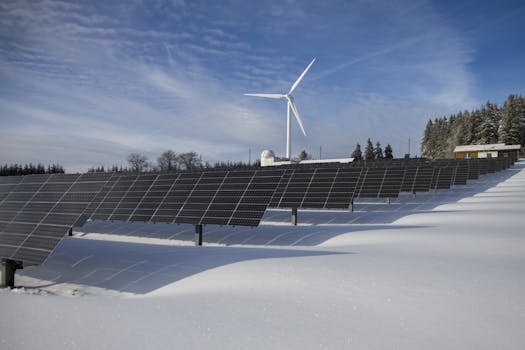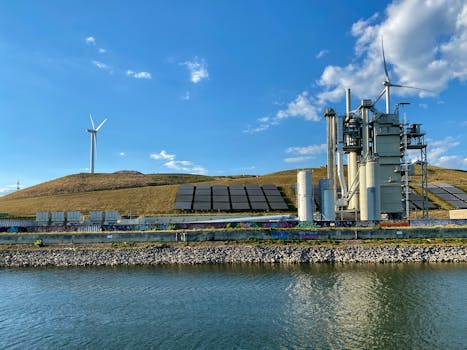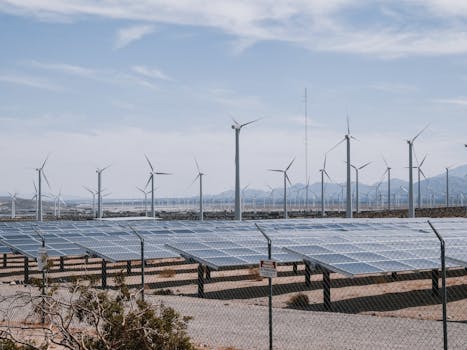
Introduction to Renewable Energy Technology

Breakthroughs in renewable energy technology and sustainability are revolutionizing the way we harness, store, and utilize energy. With the global push for sustainable practices, innovations in this field are essential for combating climate change and fostering a cleaner environment. In this article, we will explore the latest advancements in renewable energy technologies, including solar, wind, and bioenergy, and how they contribute to sustainability.
Solar Energy Innovations

Solar energy has seen significant breakthroughs in recent years. The development of photovoltaic materials has improved efficiency rates and reduced costs. Innovations such as bifacial solar panels, which capture sunlight on both sides, have increased energy generation. Furthermore, advancements in solar energy storage solutions, including lithium-ion batteries and new technologies like solid-state batteries, are making solar power more reliable. As energy storage systems become more efficient, the viability of solar energy as a primary energy source grows.
Wind Energy Developments

Wind energy technology has also progressed rapidly. The introduction of larger, more efficient turbines has led to increased energy output. Floating wind farms are an exciting development that allows for energy generation in deeper waters where winds are stronger and more consistent. Additionally, innovations in turbine materials and design are enhancing durability and reducing maintenance costs. These advancements not only improve energy production but also make wind energy a more competitive alternative to fossil fuels.
Bioenergy Breakthroughs

Bioenergy is another critical area of renewable energy that has experienced significant breakthroughs. Technologies that convert organic materials into energy are becoming more efficient and sustainable. Innovations in anaerobic digestion and biomass gasification are allowing for better conversion of waste into usable energy. Furthermore, the development of advanced biofuels from non-food crops and waste materials is reducing competition with food resources and lowering greenhouse gas emissions.
The Role of Energy Efficiency

Alongside renewable energy technologies, energy efficiency plays a crucial role in sustainability. Innovations in smart grid technology, energy-efficient appliances, and sustainable building materials are all contributing to reducing energy consumption. Smart home technologies enable users to monitor and manage their energy use more effectively, leading to lower energy bills and reduced environmental impact. The integration of energy-efficient practices across various sectors is essential for achieving long-term sustainability goals.
Conclusion

Breakthroughs in renewable energy technology and sustainability are vital for creating a cleaner, more sustainable future. As innovations in solar, wind, and bioenergy technologies continue to emerge, we can look forward to a world where renewable energy becomes the primary source of power. By embracing these advancements and prioritizing energy efficiency, we can make significant strides toward a sustainable planet.





